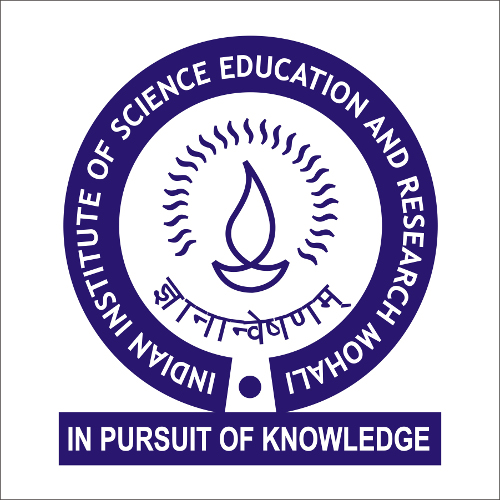DCAFs: Guardians or Culprits? Unraveling Their Role in Tumorigenesis
Dr. Nikhil B. Ghate, Manuscript Editor, Springer Nature, Pune
Location : Online
Abstract: DCAF proteins are part of the WD40 family, which includes 24 proteins featuring a conserved
WDxR motif—also known as the DWD or DxR box—within their WD40-repeat domains. These proteins act as substrate receptors for Cullin4-RING E3 ubiquitin ligase complexes, playing a pivotal role in recruiting a variety of proteins for ubiquitination, needed for normal physiological processes. Among the DCAF proteins, DCAF1, also recognized as VprBP, stands out as a key player in cancer biology. Its complex role as a kinase in cellular mechanisms greatly influences cancer development and progression. Studies have revealed that DCAF1 is involved in advancing tumor growth by facilitating the phosphorylation of histone H2A. This action leads to chromatin condensation and the suppression of tumor suppressor genes in colon cancer. Moreover, DCAF1 has been found to possess kinase activity that affects EZH2 and p53 in colon cancer, enhancing EZH2’s function while inhibiting p53’s, thereby promoting cancer development. Despite these insights, the functions of other DCAF proteins in the development of colon cancer are not well understood. Through TCGA analysis, I found that two DCAF proteins (out of four) are uniquely overexpressed in colon cancer, while two others are underexpressed, specifically in this type of cancer. Notably, my preliminary observations indicate that reducing levels of a DCAF? Protein result in increased phosphorylation of ERK1/2 and a reduction in cell proliferation in colon cancer. These findings underscore the importance of investigating other DCAF family members in
tumorigenesis. Overall, this study’s outcomes will deepen our understanding of the involvement of DCAF proteins in cancer pathogenesis and could lead to the identification of novel targets for the creation of chemotherapeutic agents.
Meeting ID: 938 4760 0839
Passcode: 592028
Meeting ID: 938 4760 0839
Passcode: 592028
